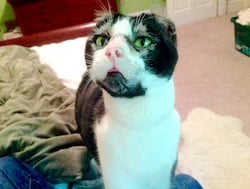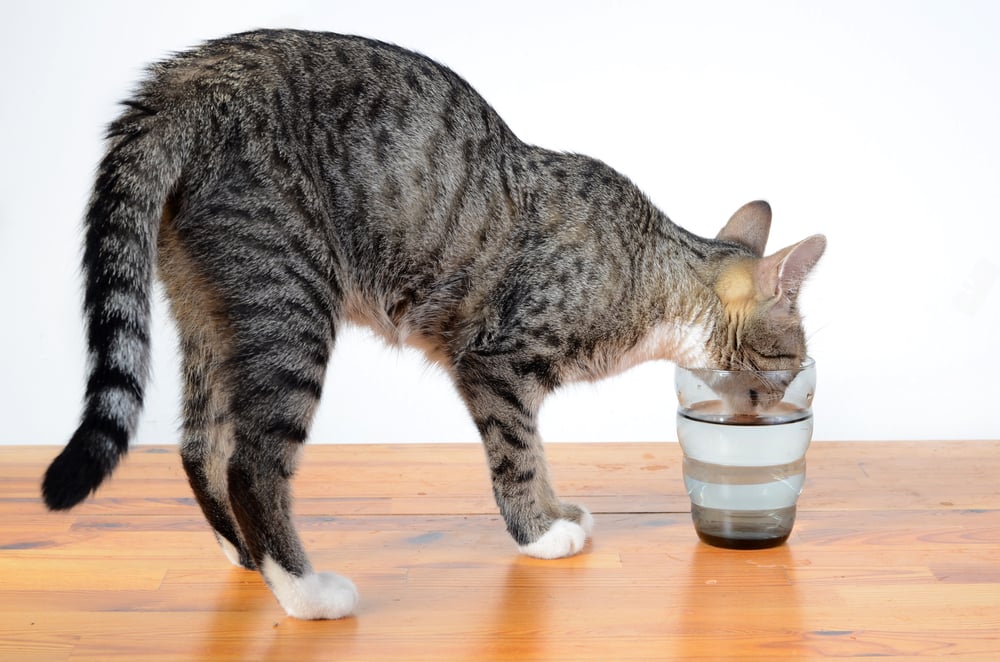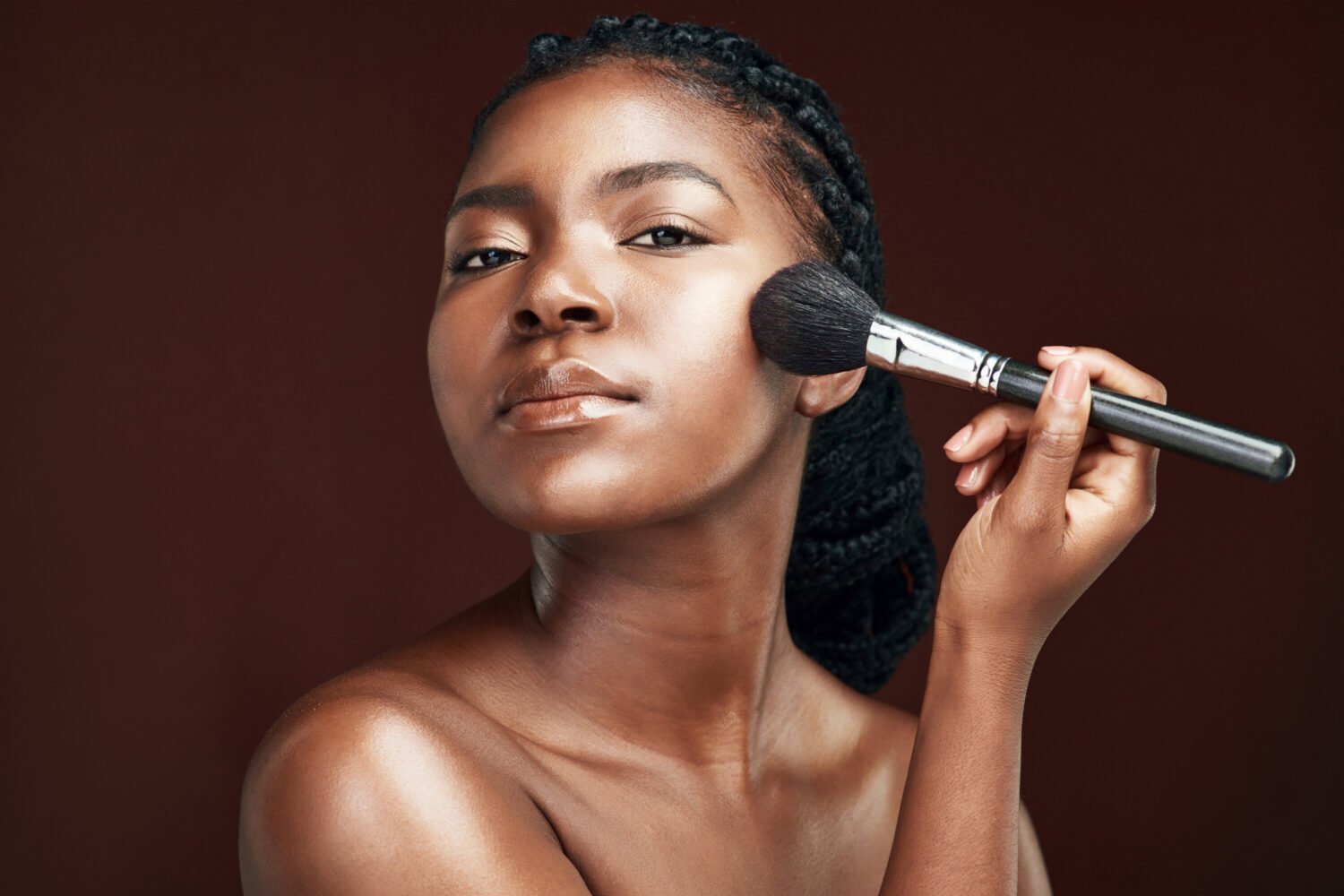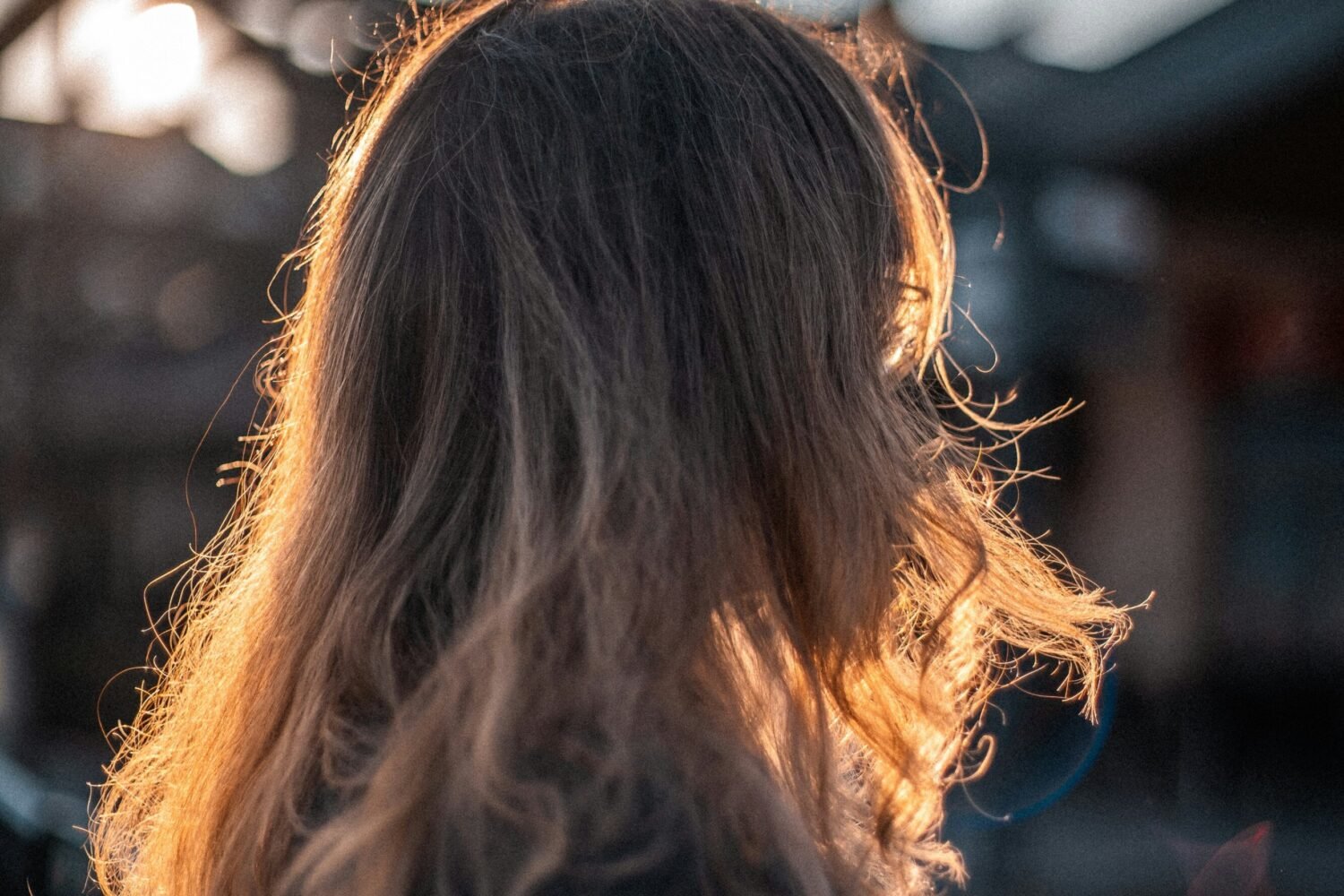Have a question you’d like to ask a vet? Send your query to pets@washingtonian.com with the subject line “Vet Q.”
Q: I have a 12-year-old male cat, who’s healthy and indoors only. Every night when I go to bed I put a glass of water on my nightstand. The other day, I happened to wake up to find my cat drinking out of my glass of water. I don’t know how many times he’s done this, but I’m wondering what concerns there are, and if I can get sick.

Dr. Chris Miller, AtlasVet DC: The good news is that drinking after your cat is very unlikely to cause any significant health concerns. Cats can be finicky drinkers, but the amount one cat drinks compared to another can be highly variable. Seeing cats drink water can often be a rare occurrence, especially if the cat is eating wet food. Wet food has such a high water content that their desire to drink additional water may be decreased. A common theme you may find in my “Ask-a-Vet” answers is that if your pet has any new or unusual behaviors, they are worth taking note of and, often, discussing with a veterinarian. If you notice your cat is drinking more or from abnormal locations, it could be because your cat has increased thirst (often accompanied by increased urination), which could be a sign of illness.
There are many possible causes of increased thirst, but with an older cat the three most common are hyperthyroidism, diabetes, and kidney disease. Hyperthyroidism and diabetes are both endocrine diseases that share some similar symptoms and can occur in cats later in life. Drinking and urinating more is the hallmark of both, but you may also notice ravenous eating in the face of weight loss. Kidney disease has many forms and varies in severity, but is extremely common in older cats and is usually accompanied by decreased appetite and weight loss. All of these diseases can vary in severity, but the most common complaint by owners is that their cats are strangely thirsty. Performing routine blood and urine testing at your veterinarian’s office is a good way to screen for these diseases, so if you notice changes in your cat’s drinking habits, make an appointment.
On a personal note, my cat Downey (below) is inquisitive and always getting into trouble. He loves to examine things we have left lying around the house and has a particular affinity for water glasses. In the middle of the night, if I catch him lapping up water with his head buried deep in a glass, my first instinct is to yell out and stop him. I’ve learned not to do this because this usually ends with him running off wearing the glass like a helmet leaking water, and then the glass ends up broken on the floor. Obviously, this is not a safe situation at all! For this reason, I have switched to plastic, spill-proof containers.


















